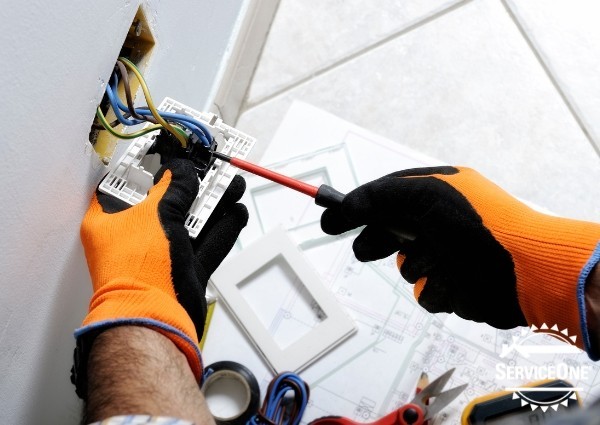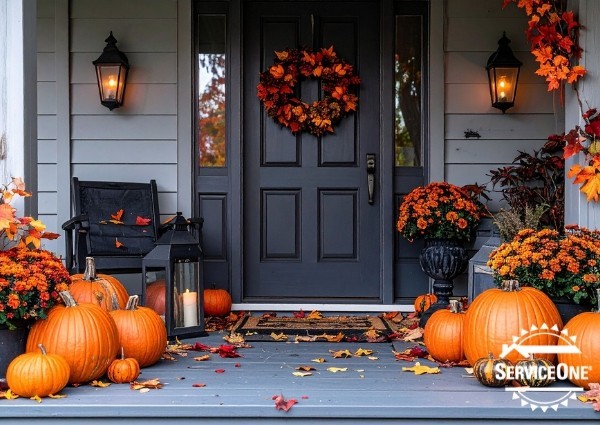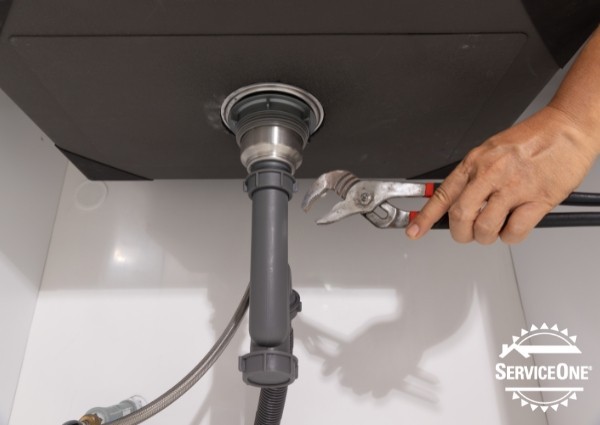As the seasons change, homeowners often find themselves grappling with high energy bills, particularly during the extreme temperatures of summer and winter. One of the most effective ways to manage these costs is by ensuring that your home is properly insulated. Insulation plays a crucial role in improving HVAC efficiency, maintaining comfortable temperatures and ultimately lowering your utility bills.
At ServiceOne, our team is dedicated to making sure all of our customers are staying comfortable in their homes at all times of the year. That is why we offer the Omaha heating and cooling services that we do! Below, we dive into the impact that insulation has on your home’s HVAC performance, and provide tips on how to improve your home’s insulation.
The impact of insulation on HVAC performance
Insulation acts as a barrier between your living space and the outside elements, helping to regulate the temperature inside your home. By preventing heat from escaping during the winter and keeping cool air inside during the summer, insulation reduces the workload on your HVAC system. This not only improves the performance of your heating and cooling units but also extends their lifespan.
Proper insulation helps maintain a consistent indoor temperature, reducing the need for frequent adjustments on your thermostat. As a result, your HVAC system does not have to work as hard to achieve and maintain your desired comfort level, which translates into lower energy consumption and reduced utility bills.
Types of insulation
There are several types of insulation available, each with its own advantages and applications. Here are some of the most common types of home insulation materials!
-
Fiberglass insulation
-
Cellulose insulation
-
Foam board insulation
-
Spray foam insulation
-
Mineral wool insulation
Best practices for insulating your home
-
Check and upgrade existing insulation — If your home’s insulation is outdated or insufficient, consider upgrading it. This is particularly important if your energy bills have been high during extreme weather conditions. Inspect attic, wall and floor insulation to ensure it meets current standards.
-
Seal air leaks — Proper insulation goes hand-in-hand with sealing air leaks around windows, doors and other openings. Even the best insulation can’t perform well if there are gaps and cracks allowing air to escape or enter.
-
Consider professional assessment — Hiring a professional to assess your home’s insulation needs can provide valuable insights. They can recommend the best type of insulation and ensure it’s installed correctly for maximum effectiveness.
-
Focus on key areas — Prioritize insulation upgrades in key areas like the attic and walls. These areas are crucial for regulating temperature and preventing heat loss or gain.
Timing for insulation improvements
The fall and spring seasons are ideal times to address insulation issues. During these transitional periods, the weather is generally mild, making it easier to work on insulation improvements without the extreme temperatures of summer and winter affecting the process. Additionally, upgrading your insulation before the peak heating or cooling seasons can help you start saving on your utility bills immediately.
Investing in proper insulation is a smart move for homeowners looking to improve HVAC efficiency and reduce energy costs. By understanding the impact of insulation on your home’s performance and following best practices, you can ensure a more comfortable living environment and lower utility bills year-round!
At ServiceOne, our team of Omaha heating and cooling technicians are here to help you with any HVAC related concerns you have. Give us a call today!



